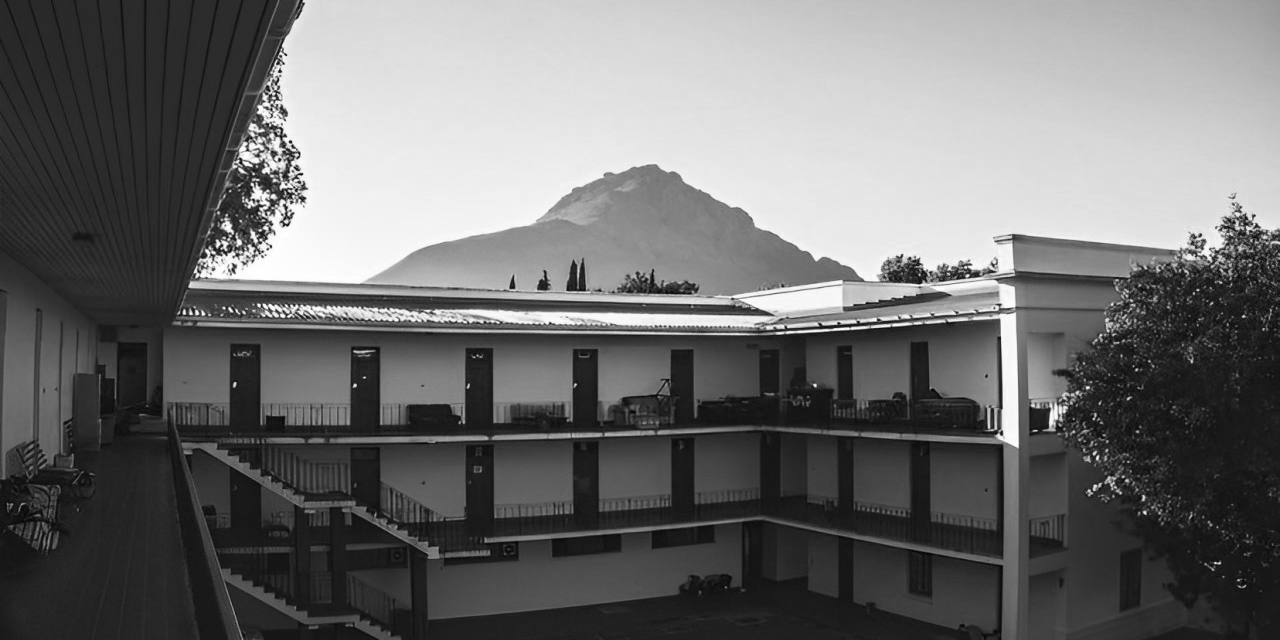On 2 December, Stellenbosch University’s (SU) council convened with the Kriegler Panel to address the findings of their investigation into tampering with a report which called for the closure of the Wilgenhof men’s residence. The panel of independent experts was tasked with a detailed investigation into three critical aspects of the incident.
First, it sought to determine the exact circumstances surrounding the changes made to the original report. Second, it examined whether the council’s executive committee had, during its 4 June meeting, decided to close the residence. Third, it aimed to assess whether the report’s amendments or concerns about these changes should have been discussed at the 24 June council meeting by the council chair.
Findings and council response
The council, after reviewing the findings of the Kriegler Panel, introduced a motion to acknowledge the errors in governance. By majority vote, the council formally recognised that both the vice-chancellor and council chair “had erred in not informing Council about the amendments to the De Jager Panel report”.
Read more: ‘Window Dressing’ – Wilgenhof alumni call for answers after Justice Cameron says report was altered
In a statement after the meeting, the council clarified that the changes to the report had not been made “maliciously, or in bad faith, or with any intention of influencing the decisions made by Council related to Wilgenhof residence, and only did what they believed to be in the best interests of Stellenbosch University”. However, the council also noted a significant lapse in governance when the vice-chancellor shared the report with chancellor Edwin Cameron.
The council acknowledged this as a misstep, saying: “The Council was critical of this lapse of judgment and urged the Chair to avoid a recurrence.”
Despite the controversy surrounding the report’s edits, the council confirmed its decision to move forward with plans to close and later reopen the Wilgenhof residence as part of a “reimagined male residence” concept. It emphasised that the decision was made through an inclusive and participatory process, independent of the report’s amendments.
Read more: The worst kept secret of Wilgenhof — residents claim the rooms were never a secret
The council said its actions reflected the university’s core values: “The decisions taken today reflect Council’s commitment to rigorous governance, procedural fairness, accountability, and respect. These deliberations flow from Stellenbosch University’s core values.”
University council called to Parliament
The DA responded to the university council’s handling of the report on the tampering claims in a statement issued on 3 December, calling for the council to be summoned to Parliament.
“Last night the Stellenbosch University Council inexplicably failed to hold De Villiers to account for a finding of impropriety against him, and Council Chairperson Nicky Newton-King,” it said.
The party further criticised the council’s actions, drawing comparisons to how students would be treated in similar circumstances. It asserted that if a student had committed the same actions, they would likely face suspension and academic exclusion.
Allowing leadership structures to act in this manner “sets a dangerous and obnoxious precedent”.
Wilgenhof Alumni Association’s legal battle
On 3 December, the Wilgenhof Alumni Association responded to the council’s decisions with a strongly worded statement, reiterating its commitment to pursuing legal action. The association criticised the university for what it described as a pattern of irrational decision-making and unethical governance.
“The Wilgenhof Alumni Association is disappointed that the Stellenbosch University Council yesterday continued on the deeply irrational course that has characterised the university’s handling of the Wilgenhof matter for the past eleven months,” it said.
The association accused the council of condoning “deceptive behaviour” by failing to take stronger action against the tampering of the Wilgenhof report. It alleged that the council’s response reflected a troubling acceptance of unethical leadership:
“Despite the finding that the Wilgenhof report was significantly altered to achieve a predetermined outcome, the Council is seemingly still set on executing previous decisions that are largely based on a now thoroughly discredited report.”
The independent panel had “unequivocally and unanimously found that the Rector and Council Chair interfered in the processes of the Wilgenhof report”.
Broader implications
As part of its legal battle the alumni association seeks to have the report declared “materially flawed and defamatory”, and wants the court to disregard the findings and any decisions based on the report.
“Council’s behaviour shows that the university is willing to sacrifice good governance to make ideological gestures,” it said.
The association also challenged the legitimacy of the process leading to the decision to close the residence. It argued that the process was deeply flawed and tarnished by the amended report.
Association spokesperson Jaco Rabie expressed concerns about the council’s governance approach, warning of long-term consequences:
“The council meeting yesterday was the second time SU decided to abandon its own processes out of political expediency. First, when the Wilgenhof report didn’t give the answers they wanted, the rector and council chair simply decided it should be amended. And now, when the council is faced with highly inconvenient findings of a panel they themselves appointed, they just wave it away as if it’s a minor nuisance.”
Ongoing tensions
The controversy surrounding the tampering of the Wilgenhof report has deepened tensions between the university council and the alumni association. While the council has expressed a commitment to moving forward with its decision to reimagine the residence, the alumni association remains steadfast in its efforts to challenge what it sees as a breach of governance principles.
As the legal battle unfolds, the matter is set to test the university’s commitment to transparency and accountability, and adherence to procedural fairness. For many stakeholders the handling of the matter will serve as a measure of the institution’s integrity in the face of internal and external scrutiny. DM




